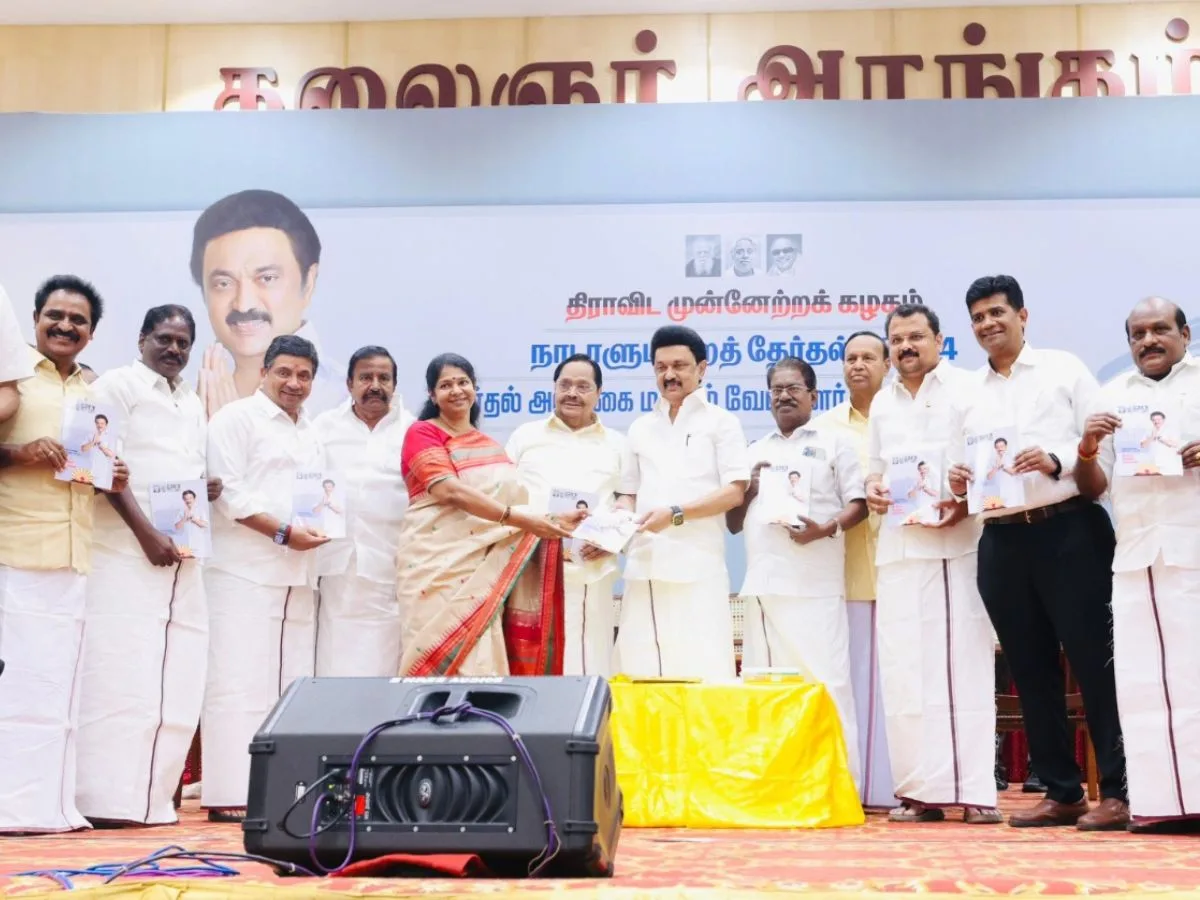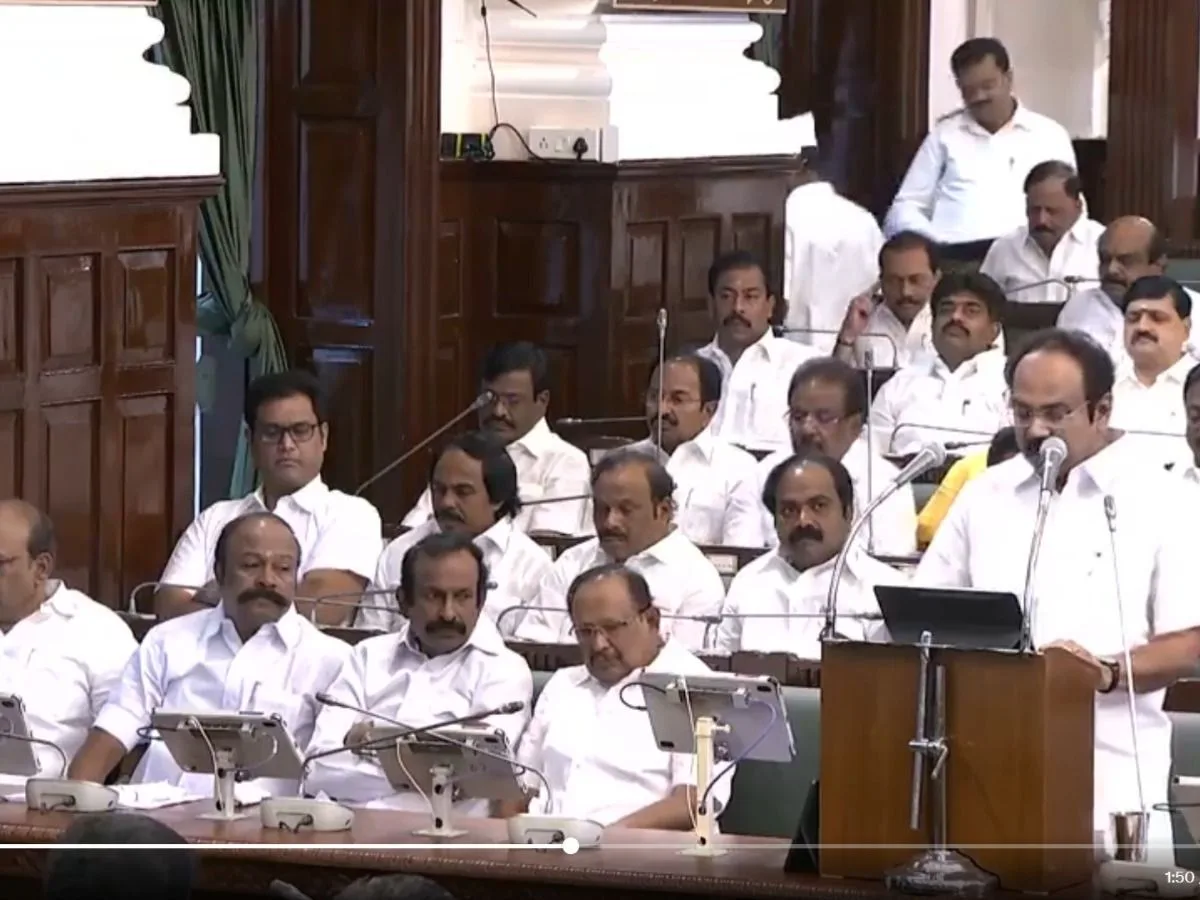Read in : தமிழ்
The DMK government has set the ball rolling on enacting an upgraded Town and Country Planning law, one that fits the purpose of combatting climate change, environmental degradation, chaotic urbanisation, rent seeking and lack of redress mechanisms.
Priorities for a new planning approach were sought a few days ago from technical and community organisations by the Chennai Metropolitan Development Authority (CMDA) and the Directorate of Town and Country Planning (DTCP), with the Ahmedabad-based CEPT University drawing up the discussion framework.
Initial ideas for reform are to be proposed, followed by a more detailed look at the possibilities, with a possible draft of the law emerging by September. Among those who took part in the consultation were representatives of the World Bank, Citizen and Consumer Civic Action Group (CAG), GIZ — the German Development Agency, World Resources Institute, the MEASI Academy of Architecture and ITDP.
Tamil Nadu, a frontrunner among urbanising States, recently announced a decentralised approach to mitigating climate change. District Collectors would be the nodal officers to steer policies through District Climate Missions under an overall State Mission. Yet, the law on Town and Country Planning, which is of 1971 vintage, does not have any reference to the environment. Neither does it mention waste management and energy efficiency.
On the other hand, the law has been repurposed from time to time to meet lucrative goals, and a provision introduced to regularise buildings constructed in violation of legal provisions for a price.
Priorities for a new planning approach were sought a few days ago from technical and community organisations by the Chennai Metropolitan Development Authority (CMDA) and the Directorate of Town and Country Planning (DTCP), with the Ahmedabad-based CEPT University drawing up the discussion framework
The Act’s Section 113-A states:
Exemption in respect of development of certain lands or buildings.- (1) Notwithstanding anything contained in this Act or in any other law for the time being in force, the Government or any officer or authority authorised by the Government, by notification, in this behalf may, on application, by order, exempt any land or building or class of lands or buildings developed on or before 31st day of March 2002 in the Chennai Metropolitan Planning Area from all or any of the provisions of this Act or any rule or regulation made thereunder, by collecting regularisation fee at such rate not exceeding twenty thousand rupees per square metre, as may be prescribed. Different rates may be prescribed for different planning parameters and for different parts of the Chennai Metropolitan Area.
This controversial omnibus provision has led to a spate of court cases over the years, and, according to reports, the first scheme for building regularisation issued under this clause in 1999 has not yet been completed, since many applications have not been processed. Meanwhile, there have been multiple challenges to it, with the Madras High Court issuing orders in 2018, that buildings constructed before the cut-off date of February 28, 1999 could be considered, but the scheme could not condone setback violations.
During the AIADMK government tenure of 2016-21, the State also tweaked the Floor Space Index (FSI) rules in 2018, allowing an FSI of 2 for residential buildings, and also commercial buildings. In the case of multi-storeyed residential buildings, it rose to 3.5, and with payment of a premium, to 3.62.
Also Read:
Infrastructure in Chennai: Here’s why ‘high roads’ were laid
G Square, Annamalai: Reality check on plot approval
Fragmented policy landscape
The key issue preventing orderly planning is the multiplicity of agencies involved, and the absence of a mechanism to hold them together. Now that international organisations including the World Bank are offering financial linkage in areas such as housing, and the GIZ on transport and mobility in Chennai, the inadequacies in the Town and Country Planning Act have come to the fore. The absence of provisions on climate change and the environment in the law has been pointed out by government departments, which prevents them from initiating schemes in this area.
In the ex-officio membership of the Town and Country Planning Board, there is no explicit provision to include the Secretary in charge of Environment, Climate Change and Forests, although technically any individual can be co-opted under law for planning purposes.
Some experts who took part in the CMDA-DTCP consultation also pointed to the absence of public consultation in the planning process. Interestingly, since the local body elections have been held and there are people’s representatives now, the approach to planning should be more democratic. The Madras High Court questioned the State government two years ago on its failure to appoint elected representatives to Metropolitan Planning Committees.
Amidst a welter of fragmented policies and decisions, a new law would seek to achieve coherence. There is an unimplemented law on disability prescribing accessible transport, public buildings and public places; there are civic body guidelines on energy efficiency in buildings which are ignored; the law on solid waste segregation and materials recovery is dysfunctional; and rampant violation of building plan permissions and zoning regulations has led to amorphous development, pollution and congestion.
Some experts who took part in the CMDA-DTCP consultation also pointed to the absence of public consultation in the planning process. Interestingly, since the local body elections have been held and there are people’s representatives now, the approach to planning should be more democratic
Neither is there a focus on Tier 2 and 3 cities in planning, while Chennai’s pedestrianisation and non-motorised transport policy is a non-starter. Finally, there is no enforcement of civic laws on encroachments by individuals, commercial entities and politically-backed interests who use the cover of religion to usurp pavements and public space.
The existing Town and Country Planning Act mandates the creation of Master Plans, Town Development Plans and Detailed Plans at different spatial scales, with the goal of orderly development. The focus is now on whether a revamped law will achieve what has eluded Tamil Nadu for five decades.
Read in : தமிழ்











